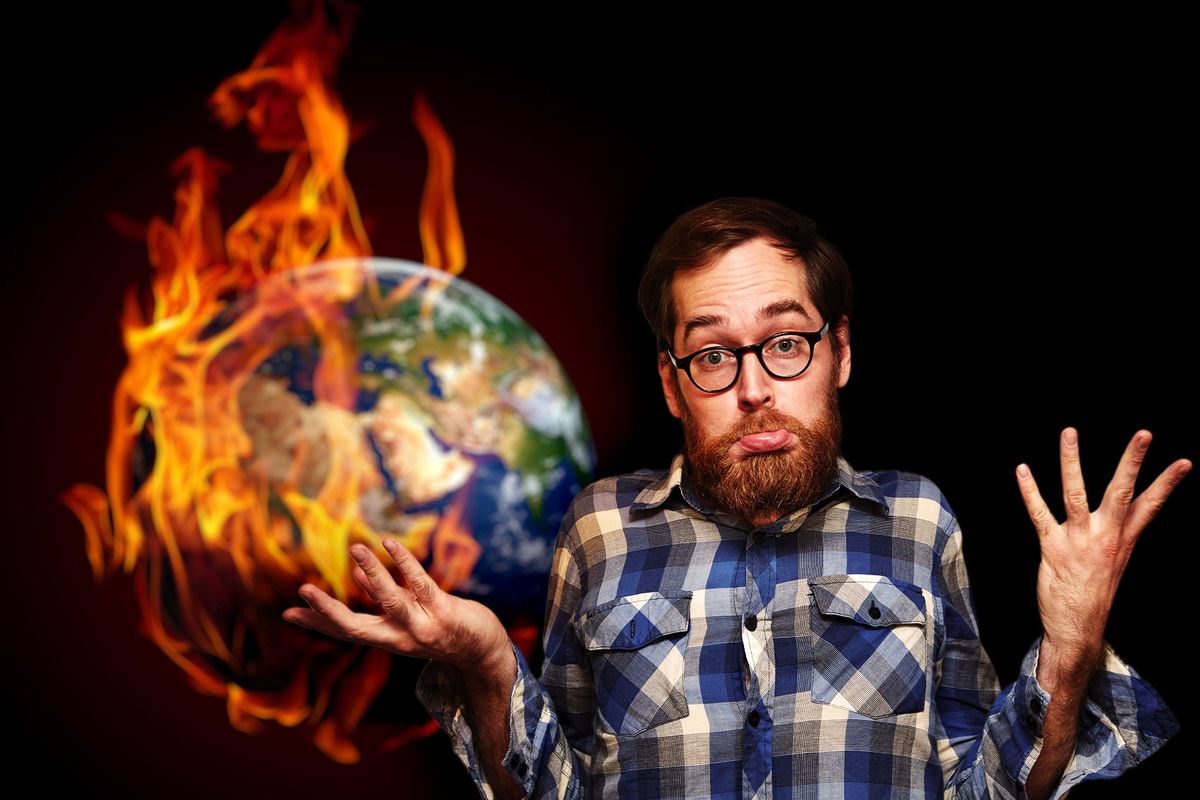David French on polarization; the inevitability of endless political arguments; how MAGA is about white Christian men.

David French is a political commentator, columnist for The Atlantic, and senior editor at The Dispatch, one of those new-fangled subscription sites where bloggers and essayists can reach paying audiences without the filters of traditional media. And Wikipedia says he is a “theologically conservative traditional Christian” who has been critical of Donald T****.
This week’s issue of The Week has a quote from him taken from The Dispatch, but I can’t find it (as a non-subscriber) on that site. I can see the magazine issue (since I do subscribe) but only as a PDF that I can’t link. So I’ll type it out.
The most polarized Americans are disproportionately white and college-educated on the left and disproportionately white and retired on the right. The people disproportionately driving polarization in the United States are not oppressed minorities, but rather some of the most powerful, most privileged, wealthiest people who’ve ever lived. They enjoy more freedom and opportunity than virtually any prior generation of humans, all while living under the protective umbrella of the most powerful military in the history of the planet. It’s simply an astonishing level of discontent in the midst of astonishing wealth and power.
People don’t know how good they have it. This aligns with one of my recurrent ideas that, no matter wealthy and healthy society becomes, people will always find things to complain about, and they will align into rival tribes (teams, parties, whatever) to argue about these things. And as society becomes better and better off, the subjects of such arguments will become more and more trivial. I’ve even remarked that, for example, the fact that some people get so riled up about abortion is evidence that they don’t have anything worse to worry about — most devastating diseases, especially those affecting children, have been eradicated; we are not living on a war footing as many did during World War II; and so on. There were no debates about abortion until the 1970s, when it became politically convenient for the right to make it an issue, once they’d lost the civil rights battle.
Kim Stanley Robinson’s latest novel (comments not yet posted) defines ideology as “an imaginary relationship to a real situation.” We do this necessarily, to make sense of things. Again, this aligns with the many explanations of the narrative bias, how humans reduce complex or even random events into “stories” that make sense in human terms… some humans into reductionist terms of black and white, wrong or right, with no grays in between. (These are the conservatives.) The fact that there is a range of human interpretations to real-world events, inherent in human nature, means that these kinds of debates, political arguments, will go on forever.
The solution is at the individual level: step back and take a larger perspective. Don’t inherit your attitudes from groups. Understand the motivations of both sides of any ideological argument. Rely on only the most objective “ideology” available: the objective approach to understanding the world and how it functions, and the ways understanding it can be endlessly self-correcting.
\\
I think we finally know what the MAGA people mean by MAGA. It should have been obvious all along. When was America great? Before women and various minorities gained civil rights that had previously been granted only to white Christian men. *That’s* what made American great, the white Christian men of America will tell you. And that’s why they’re trying to roll back those rights.
And that’s why, as problems affecting the entire world, especially climate change, require more and more global cooperation if humanity is to survive, the influence of America on world affairs will diminish, to the extent that America will decline into a religious backwater, unable to actually contribute to any global solutions.
\\
And this relates:
Salon, Justin Gregg, 8 May 2022: How a quirk of the brain prevents us from caring about climate change, subtitled, “A very human way of thinking is limiting our ability to stop the climate apocalypse. Some of us can overcome it.”





